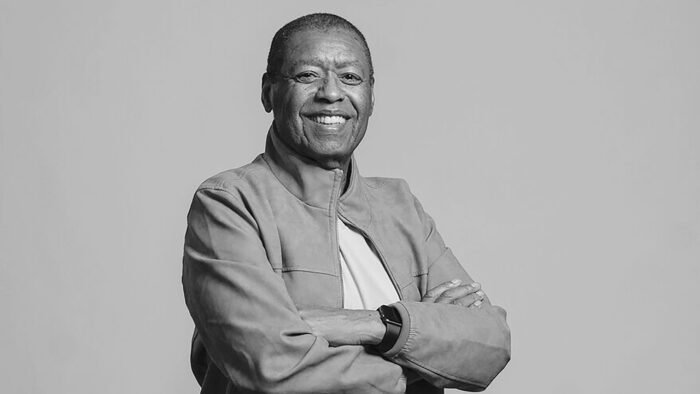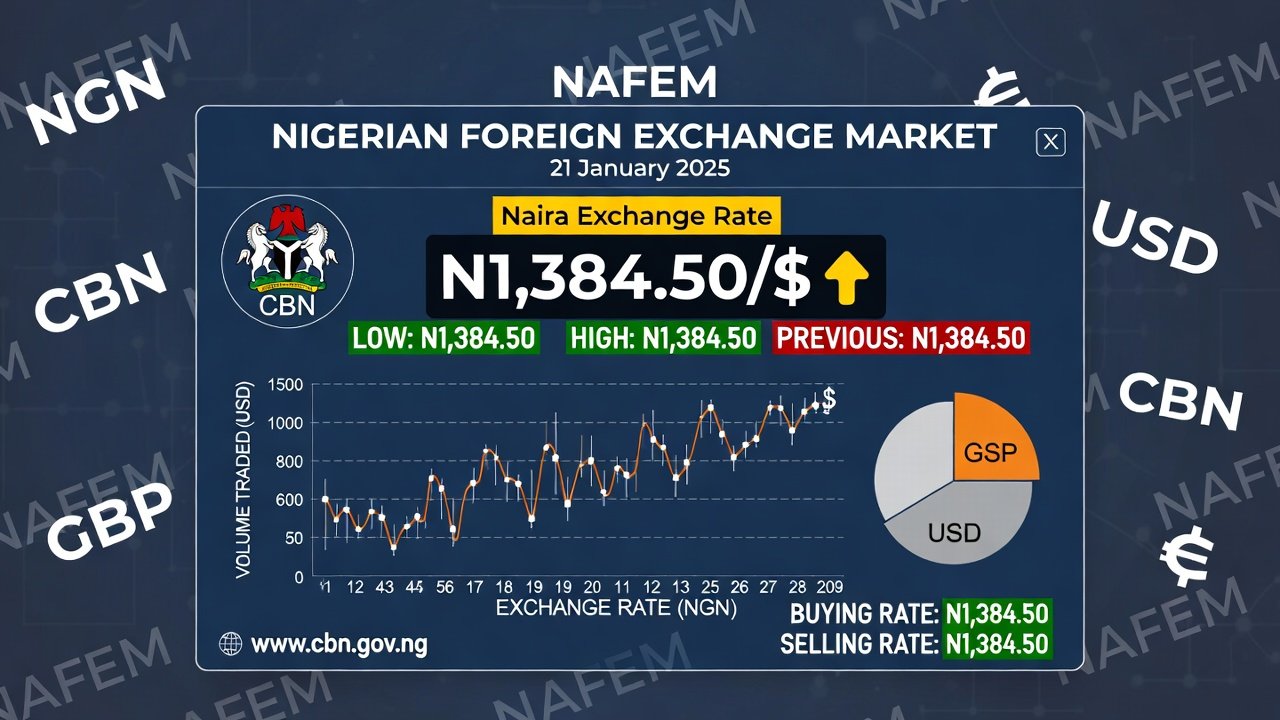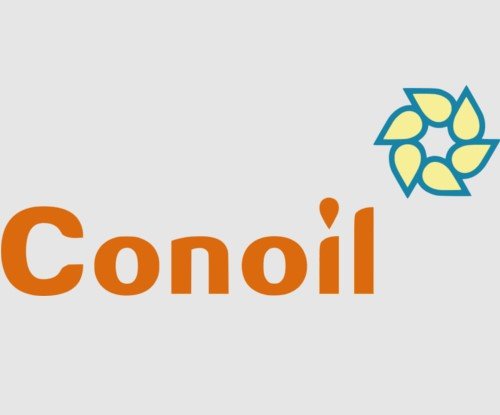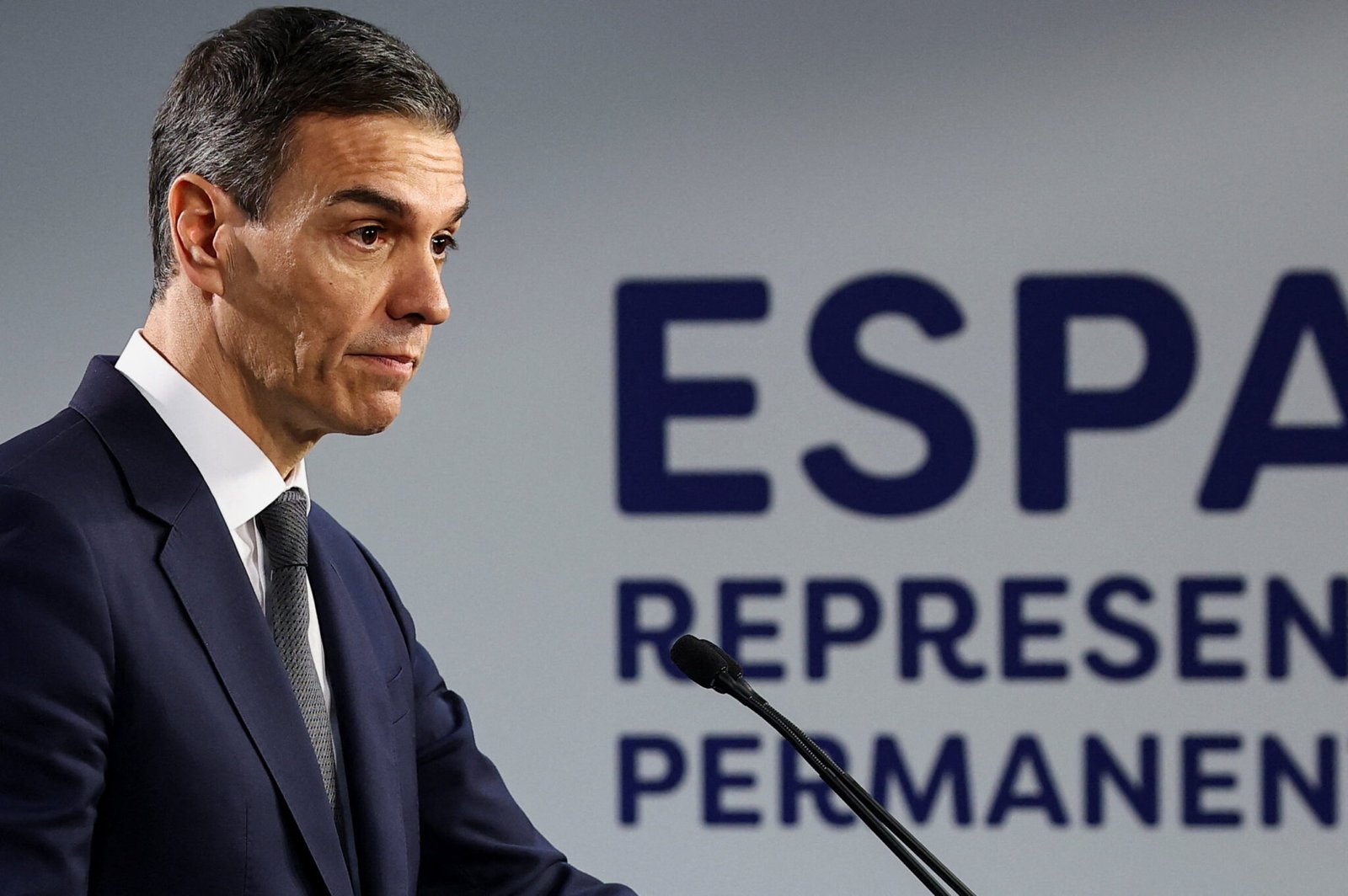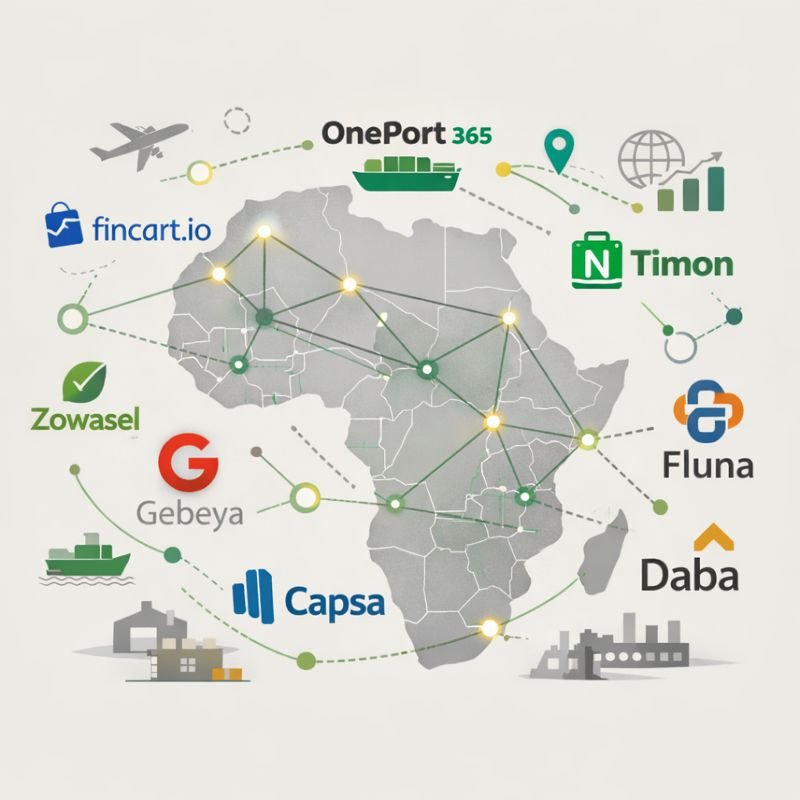Nigeria’s private sector demonstrated remarkable resilience in August 2025, with the Purchasing Managers’ Index (PMI) climbing to 54.2 from July’s 54.0 reading, according to the Stanbic IBTC Bank Purchasing Managers’ Index (PMI) report for August.
This upward trajectory represents the ninth consecutive month above the critical 50.0 threshold that separates economic expansion from contraction, signaling sustained business confidence across multiple sectors.
The August reading marks the strongest improvement in business conditions since April 2025, driven primarily by accelerating new orders and output growth.
Understanding this momentum requires examining how businesses respond to changing economic conditions – when customer demand increases and costs stabilize, companies naturally expand operations and increase production capacity.
Output growth surged to a four-month high of 56.8 points, while new orders reached an impressive 58.3 points – the highest level recorded in 19 months. This dramatic improvement in new orders reflects growing customer confidence and businesses’ willingness to commit to future projects despite ongoing economic uncertainties.
The sectoral analysis reveals that three of four broad sectors recorded growth, with only manufacturing lagging behind the overall positive trend. This pattern suggests that Nigeria’s economic diversification efforts are gaining traction, reducing over-reliance on traditional manufacturing while strengthening service-oriented industries.
Perhaps the most significant development lies in the cooling inflationary pressures affecting Nigerian businesses. Input costs rose at the weakest pace since March 2023, while output prices moderated for the fourth consecutive month, registering the slowest increase since April 2020.
Muyiwa Oni, Head of Equity Research West Africa at Stanbic IBTC Bank, explains that “the continued moderation of input and output prices still suggests that inflation is likely to remain soft in the near term.” This trend could incentivize the Central Bank of Nigeria’s Monetary Policy Committee to adopt a more accommodative stance by September 2025.
Economic Outlook and Growth Projections
Despite some employment growth deceleration, businesses continued expanding staffing levels for three consecutive months. Stanbic IBTC projects headline inflation could fall to between 21.45-21.63 percent year-on-year in August, potentially moderating further to 17.19-17.9 percent by November, supporting Nigeria’s projected 3.5 percent GDP growth for 2025.












